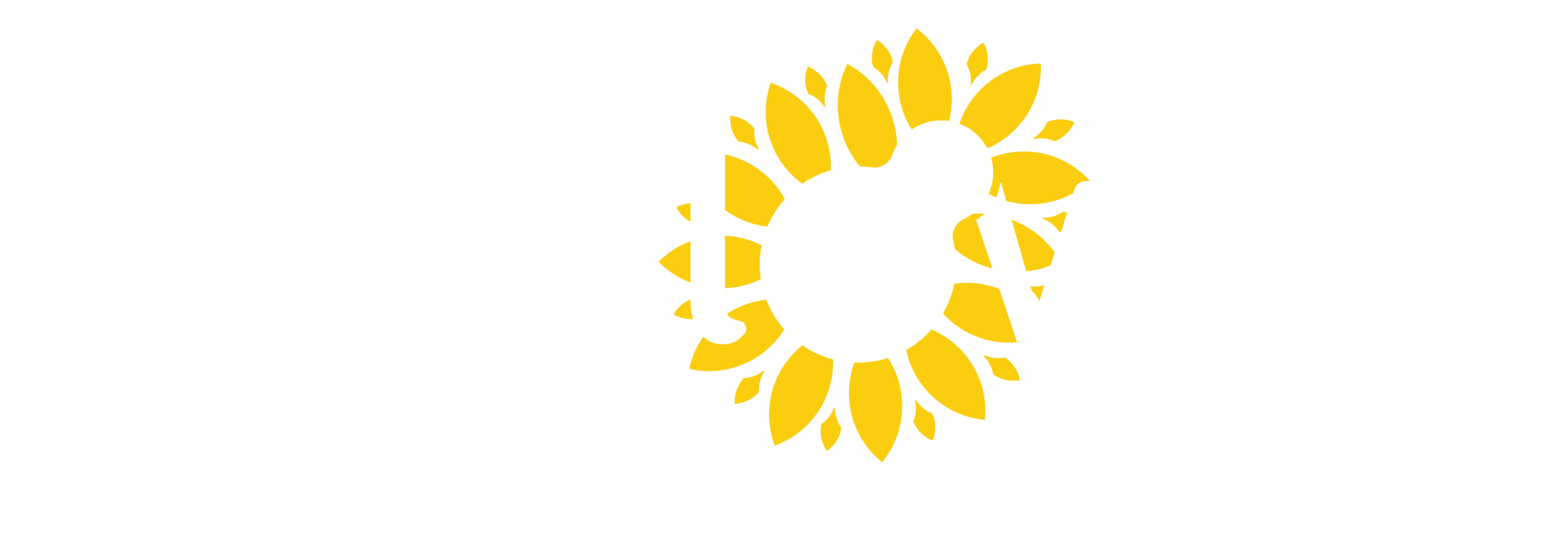Grants from the Bill & Melinda Gates Foundation support the optimization of the Dahlia™ small-footprint protein manufacturing system and the de-risking of several protein candidates using Sunflower’s proprietary manufacturing approach.
HINGHAM, MA, JANUARY 18, 2023 – Sunflower Therapeutics, a public benefit corporation transforming global access to protein manufacturing capacity for diverse applications, today announced that it has received two grants from the Bill & Melinda Gates Foundation. The awards will support two key projects, the optimization of Sunflower’s Dahlia™ System, a breakthrough automated small-footprint protein manufacturing system, and the de-risking of several protein product candidates that can be cost-effectively manufactured in low- and middle-income countries using Sunflower’s equipment and proprietary approach.
Previously, with support from the foundation, Sunflower developed the Daisy™ System, a laboratory-scale, automated manufacturing system for the integrated production of purified protein bulk using microbes. Sunflower successfully used the Daisy™ to demonstrate the production of multiple proteins, including a protein subunit for a COVID-19 vaccine. This system’s upstream unit operation also served as a precursor to the first commercial offering for Sunflower, the Daisy Petal™ single-use bioreactor, which enables continuous fermentation of microbes.
“This support funds our continued advancement of Sunflower’s protein manufacturing equipment toward accessibility and showcase the agility and flexibility of our approach,” said Kerry Love, Ph.D., Founder, CEO and President, Sunflower Therapeutics. “We are grateful for the continued financial support of the foundation and look forward to exciting progress together.”
Sunflower presently is optimizing the Dahlia™ System, a fully-integrated commercial-scale protein manufacturing system, for reliable and unbiased operability in diverse global locations. Refined system designs will incorporate feedback from global partners with diverse perspectives on the deployment and operation of biomanufacturing equipment. With this feedback, Sunflower aims to design a system with intuitive interfaces and operations that will encourage global adoption.
Through a separate foundation-funded grant, Sunflower will identify and advance a ‘basket’ of protein products that could be manufactured cost-effectively in-market using small-footprint equipment like the Dahlia™ System. Sunflower will focus on protein products that are relevant to patients in low- and middle-income countries (LMICs), including vaccines, treatments for infectious disease, and reagents. The work is anticipated to culminate in data packages supporting the manufacturability and quality of various protein candidates to enable future in-market development and deployment.
“By pairing small-footprint, distributed manufacturing solutions like the Dahlia™ System with efficient processes for the production of regionally relevant proteins, we hope to enable cost-efficient, in-market manufacturing of many protein-based products,” says Laura Crowell, Director of R&D at Sunflower. “We believe our solutions can help support sustainable local product- or manufacturing-focused businesses.”
